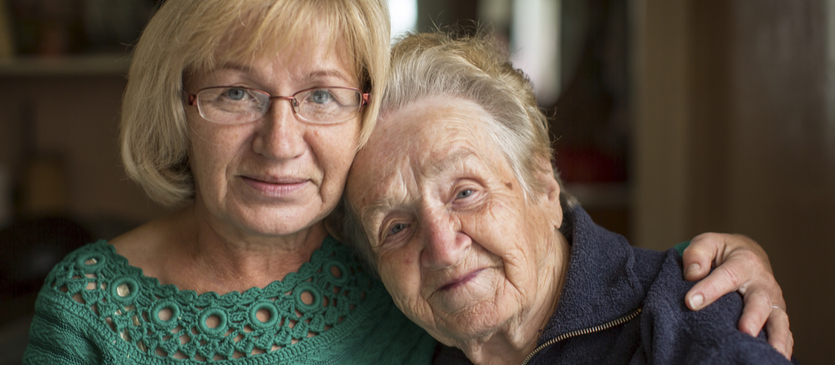Spending time with grandchildren is a special opportunity to deepen bonds, share stories, teach them a skill and even impart grand old wisdom. Grandchildren may have dozens of toys or technology devices but always prefer precious time with doting grandparents and the chance to do special grandparent-only activities together.
Choosing activities everyone will enjoy safely means considering both the child’s interest level as well as a grandparent’s energy and mobility levels.
Grandma may not be up to chasing after a child on a bike, while the child may have lost interest in the sandpit – but both will enjoy painting. It’s up to the individual to tap into their unique talents and interests and share this in a loving and kind way.
Here are some fun ideas grandparents and grandchildren can enjoy at different ages and life stages:
For babies and pre-school aged children
-
Storytime at the local library
Most local libraries offer a weekly story time for babies and pre-schoolers, aimed at introducing little ones to the joys of language through rhyme, music, story and craft. Waverley Council Library has multiple sessions for children of different ages – book babies (0-2), Tales for Tykes (3-5) and Rocking Rhymetime (2-3) – on Monday, Tuesday and Thursday mornings.These short engaging children’s programs offer the perfect free weekly outing that fits in well with nap and mealtimes. The books, songs and craft activities offer ample inspirational and great tips to encourage continued reading and music at home.
-
Animal encounters
Animals of all shapes and sizes are always interesting to small children and can hold their attention for a long time. Feeding ducks or bird watching in the local park makes a fun, educational activity where a child can learn about creatures and their habitats. Playing with domestic pets, such as a dog, bird or goldfish, is another great daily activity that brings pleasure to young and old. A trip to the zoo or wildlife park has plenty to amaze and entertain young children but is more manageable when they are older and can walk (without a stroller) and don’t need a long daily nap.
Primary School-aged children
-
Fishing and other hobbies
When children are aged 6 to 12 years old, they are eager to learn skills from a patient and caring teacher. If a grandparent has knowledge of how to fish, this is an activity every child loves to learn. Fishing with a child means endless hours of de-tanging lines, baiting hooks and dealing with snares, but the joy of catching the first fish is well-worth the forbearance.
If fishing is not a family passion, another hobby may be equally as absorbing. Making model trains or flying kites are timeless hobbies, often most loved by children and patient grandparents. Grandparents who are handy with woodworking tools can also share this craft with a child and make a wooden toy together. Teaching a child a life skill such as this takes time and gentle encouragement, so it’s best to set aside a whole afternoon or even a full weekend.
-
Knitting
Knitting is a timeless craft that children often find soothing and enjoyable. It is a great activity for a cold, wet winter’s day too. Boys and girls alike enjoy knitting and creating something they can be proud of. When teaching a child to knit, keep it very simple. Use large needles (size 12 or bigger) and chunky yarn which they can manage better than smaller, fiddly 8ply wool. The added advantage is chunky wool comes together quickly to make a simple scarf, so a grandchild can see their progress quickly. Start by teaching a simple knit stitch (garter stitch) so they can knit each row and practice the basic technique.
-
Baking simple recipes together
Everyone loves eating delicious food. Most children jump at the chance to help in the kitchen and be part of the action. If a grandparent has a special signature recipe, children are always eager to learn, to keep the traditional recipe in the family. Start with simple dishes or involve the child in simple, but memorable steps in the process – like cracking eggs, stirring or adding the finishing touches. Freshly baked bread, scones, cakes and slices fill the house with an amazing smell and a sense of achievement.
-
Picking veggies or flowers
Children can be encouraged to help in the garden, picking flowers for a vase or harvesting any vegetables or herbs which can also be used in cooking. This is a rewarding experience for everyone, especially children who learn where food comes from, how it grows and why they should eat their veggies! A beautiful bunch of flowers picked from a grandparent’s garden makes a beautiful memento of a lovely day together too.




